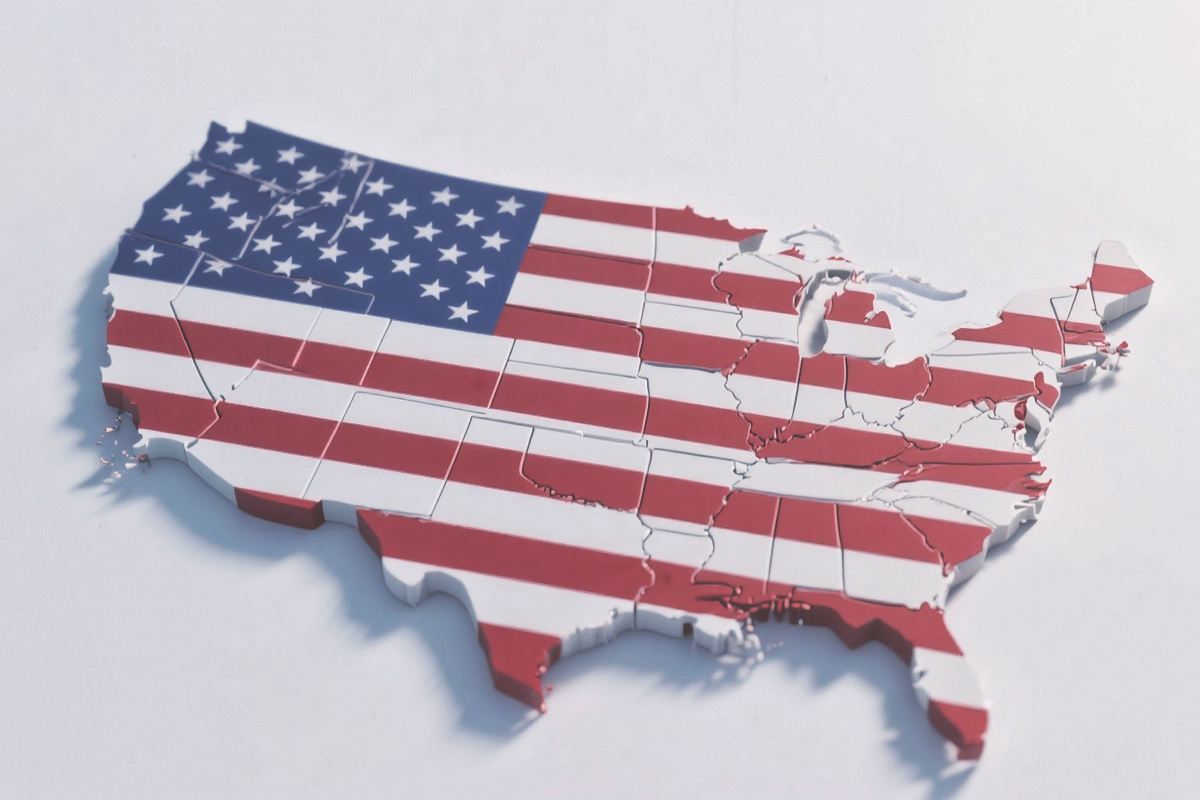
Summary of key provisions
The headline changes
Here are the big ticket items that may change what you owe or your refund in 2025.
New law changes roll in for tax year 2025 (with a few items into 2026). Here’s what’s new, what was extended, and what phases out, translated into plain English for Meta Tax clients.

Summary of key provisions
Here are the big ticket items that may change what you owe or your refund in 2025.

Effective dates
Most changes kick in for tax year 2025 (the return you file in 2026). A handful apply in 2026, and a few niche provisions are retroactive to 2024.

Workers
If you receive tips or log lots of overtime, you may get new above the line deductions for 2025 to 2028 (subject to income limits).

Families
Beginning in 2025, the Child Tax Credit increases to $2,200 per child under 17, with annual inflation adjustments.

Homeowners
The state & local tax (SALT) deduction cap rises to $40,000 for 2025, helping filers in high-tax states — with income-based phase-outs.

Seniors
A temporary add-on deduction up to $6,000 is available for tax years 2025–2028, with phase-outs at $75k (single) and $150k (MFJ).

Small businesses & self-employed
Self employed and pass through businesses keep major breaks; unreimbursed employee expenses remain non deductible.

Energy & EV credits
Select efficiency and EV incentives roll off beginning in 2025. Confirm timing before committing to upgrades or purchases.

Permanent changes
We’ll translate these changes to your real life and help you optimize withholding, deductions, and credits.
Important: This page is a general overview and not legal or tax advice. Rules change and can vary based on your situation. Confirm eligibility and amounts on current IRS guidance.